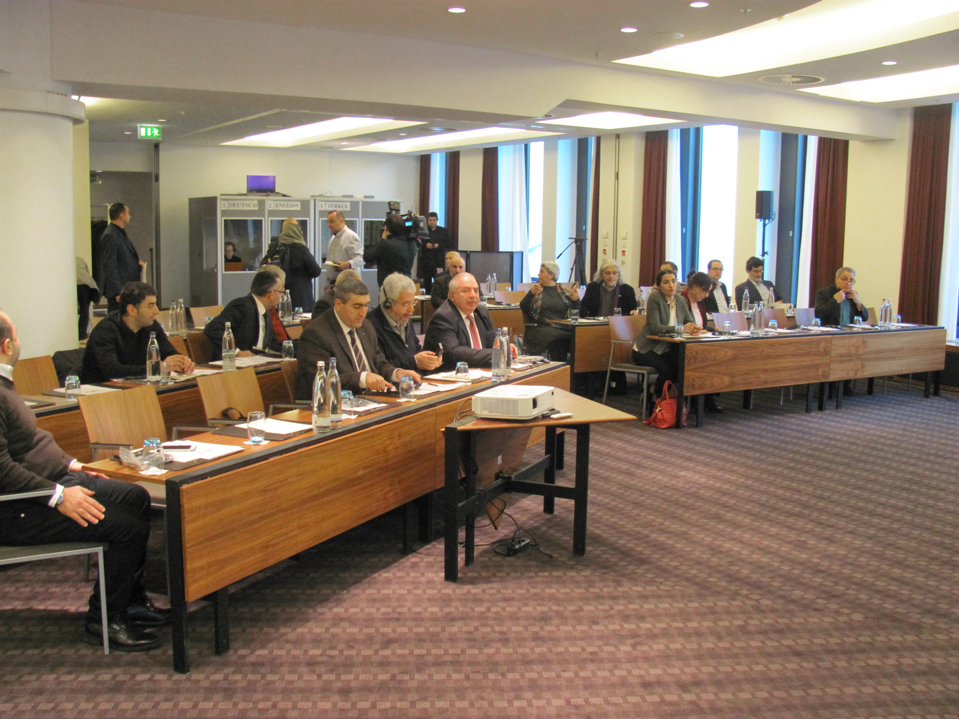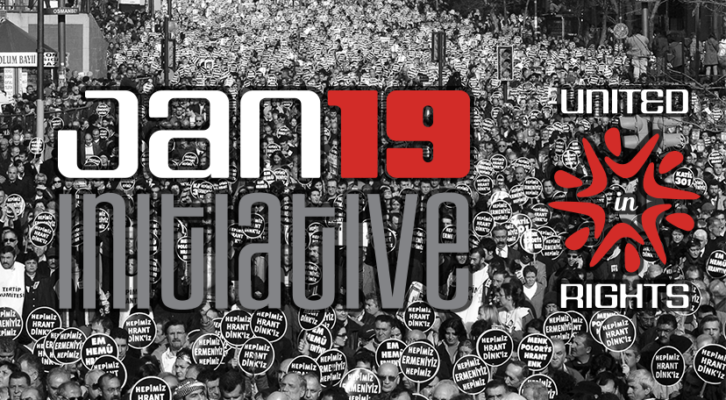
On the occasion of the tenth anniversary of the assassination of Hrant Dink, a conference of the Peoples of Asia Minor was held at the Sofitel in Berlin, on the 28 and 29 of January 2017. The motto of the conference was “UNITED in RIGHTS”.
Four members of Parliaments from different countries, representatives of five political parties and 15 civil society organizations participated. They dealt with the following topics; Democracy, Dialogue, and Justice, analysis of losses, aspects of corrective measures. The conference was followed by a roundtable discussion regarding a roadmap and perspectives and appointed a Commission called “THE 19 JANUARY INITIATIVE”.
The Commission will further the efforts to build a constructive dialogue to bring the peoples of Asia Minor closer together in justice, peace, and democracy.
Concerning the “19 January Initiative”
The AMP LEAGUE
- The “AMP League” will be a registered non-profit and non-governmental organization for the rights of the Asia Minor Peoples.
- Both associations and individuals can join the League.
-
Not only members of Asia Minor descent, but also individuals without such descent and Non-Government Organizations acting in the field of human rights may join the League. Entities invited to join this movement are.
- Individuals and corporative entities of Asia Minor origin.
- Civil society representatives, individuals and corporative entities such as foundations, think-tanks, human rights NGOs, etc. willing to join our movement.
- The “AMP League” will have two bodies: the General Assembly and the Executive. The executive will be formed by the Executive Council and the commissions.







